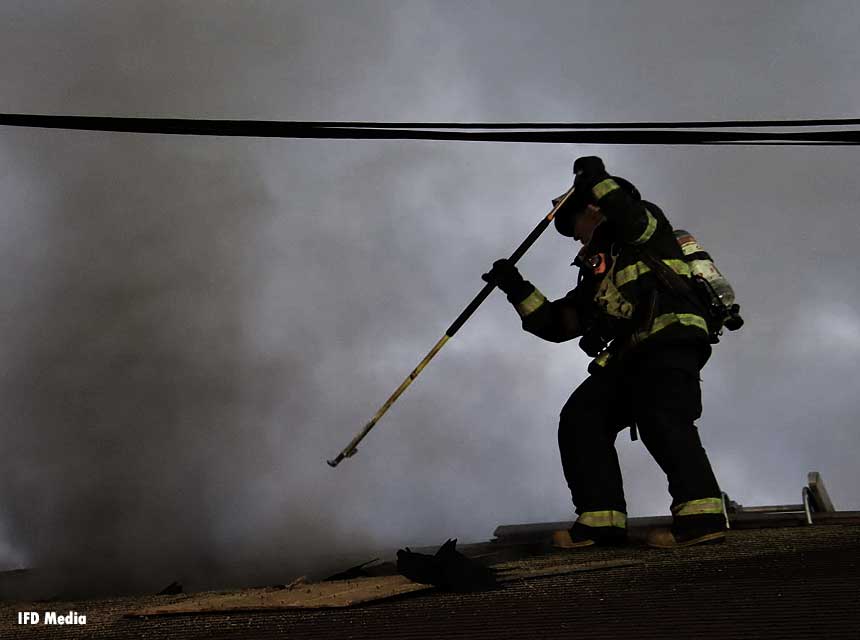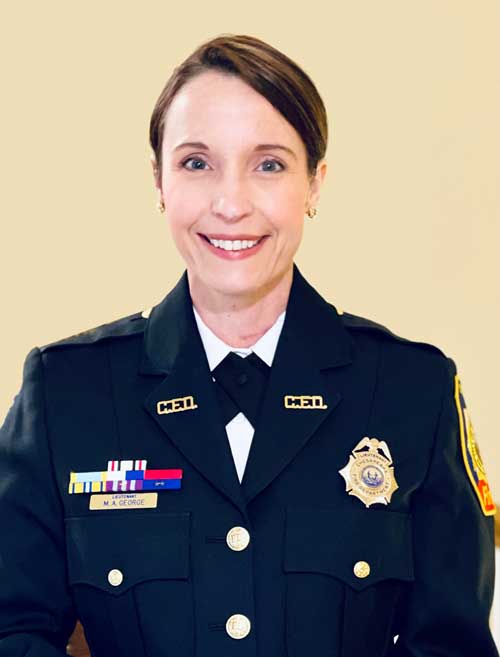
By Mandy George
Imagine that it’s been a few years since you were tasked with writing grants. You achieved some success, but the success has not been consistent. You tweak your application proposals annually, but have not made major changes to your process. There is additional information on Web sites and you feel like you are applying it to your applications, however it doesn’t seem to be making a difference in the outcome. You are familiar with colleagues in neighboring fire departments who also write and submit grants, but wouldn’t necessarily consider them experts in the field as they seem to have the same amount of success as you do. When you all put your heads together, you come up with ideas—but when you apply them, the results remain the same: inconsistent success. Short of entering a grant-writing degree program, a costly and time-consuming endeavor that may not even solve the problem, what options do you have? You do not need general assistance; you need very specific feedback on the grants your department regularly submits. Where do you turn? One option is to volunteer to peer review grants during the annual grant cycle.
Peer review has a long history in the scientific grant community as the standard for determining who is awarded a grant. In the peer-review process, grant proposals are viewed through a lens of “(1) expert assessment, (2) transparency, (3) impartiality, (4) fairness, (5) confidentiality, (6) security, (7) integrity, and (8) efficiency.” 1 This system ensures the best possibility of ethical outcomes. It is also a reproducible system that can itself be reviewed for quality control. The public safety field has many grants available through the National Institutes of Health (NIH). They will go through this peer-review process. State departments of emergency management and other federal agencies also engage in similar peer-review processes for the same reason: it gives objectivity to what could otherwise be a very subjective process. The scientific community has worked tirelessly to ensure the peer-review process is not simply placing applications in a “good” or “bad” pile based on one person’s opinion.
What does this have to do with the grant writers who are having a hard time getting their applications all the way through to the award process? A lot. Unlike the position of grant writers themselves who have often stumbled upon this field in public safety as a collateral duty or been “voluntold” to do it, the peer-review process is entirely done by professionals who have offered to lend their subject matter expertise to the process. Why would so many people and organizations lend their time and energy to this field? Money. The ability to secure federal funding is a team effort and participation by grant writers in the peer-review process pays. The more grant writers are involved in the peer-review process, the greater the likelihood of successful grant applications in future grant cycles. It is a win-win.
RELATED
FIRE ACT GRANTS: A PEER REVIEWER’S PERSPECTIVE
How do they find people to do this? Each organization that does peer review asks for assistance with doing the reviews. They can advertise through e-mail or through professional publications. They also put postings on their organizations’ Web sites. This is true for universities, states, and agencies. It takes a large community of dedicated professionals to ensure the peer-review process runs efficiently and effectively. People retire or move on, so organizations are always looking for new qualified individuals to assist.
As public safety professionals who are experts in areas such as hazmat, communications, operations, specialty teams, and health and safety, your knowledge and input in the peer-review process can be enormous. You will be given guidelines, expectations, and criteria scoring sheets with which to “grade” the grant applications. You will read how other professionals fill out the applications and apply the guidelines of the Notice of Funding Opportunity (NOFO) to the pertinent sections. You will see where directions were followed and where they weren’t. And you will view and be able to discuss with the workgroups what a winning grant looks like. This experience will make you a better writer. It will help you see connections between sections of the grant and the NOFO. It will show you techniques to address areas of the application you may have struggled with before. It will also give you a great deal of knowledge about the entire grant process. This can be used for your own department and shared with others–as long as it doesn’t break any of the peer review confidentiality agreements!
If becoming a part of a peer-review process is something that interests you, check with your state emergency management department. The following organizations are also a good place to start:
NIH: Peer Review Policies and Practices: https://grants.nih.gov/policy/peer/index.htm#guidelines
Become an AFG/FP&S/SAFER Peer Reviewer for ISFSI: https://www.isfsi.org/page/peer-review
REFERENCE
1National Institutes of Health. (2019). NIH Peer Review: Grants and Cooperative Agreements. Retrieved from NIH: Grants and Funding: https://grants.nih.gov/grants/peerreview22713webv2.pdf

Mandy George is a lieutenant in the Chesapeake (VA) Fire Department. She is a training officer who works with a strong team to facilitate the training needs of a 500-member department of sworn and civilian personnel. She has a master’s degree in emergency and disaster management, a master’s degree in professional writing, and an associate’s degree in emergency medical services. She is also a Nationally Registered Paramedic (NRP).
MORE MANDY GEORGE
The New COVID-19 Grant Environment
Homeland Security Grants and Specialty Teams
Digital Skills in Grant Writing
Get SANE and Stay SANE: Build a Strong Grant Writing Team
SIGN UP FOR EXCLUSIVE GRANTS INFORMATION

